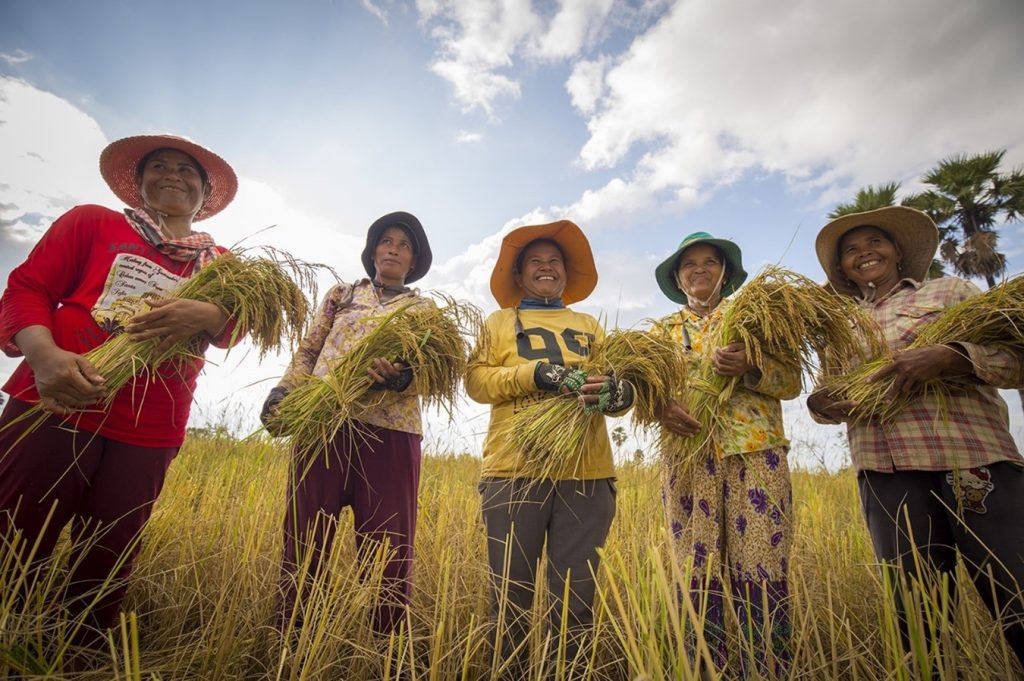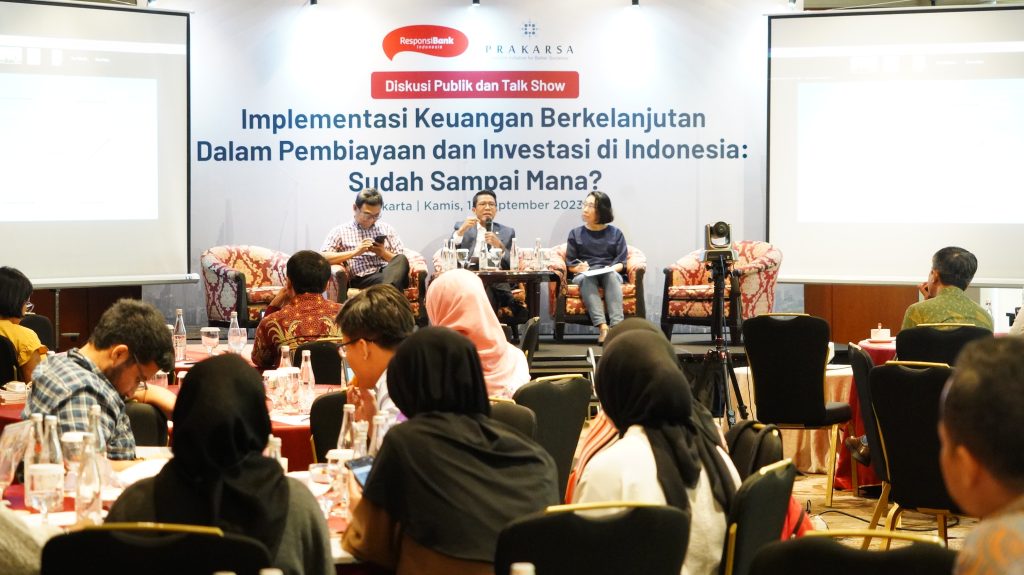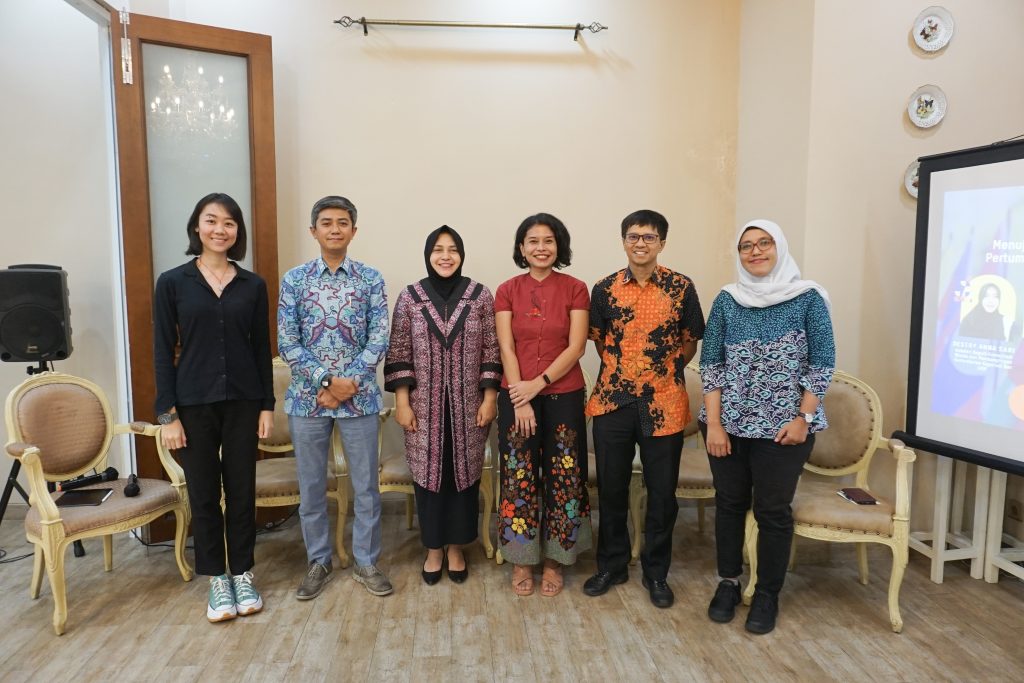
Bali, Indonesia – Fair Finance Asia (FFA) and Gender Transformative and Responsible Agribusiness Investments in South-East Asia (GRAISEA), a program of Oxfam, have released a new policy brief in conjunction with the 2022 Association of Southeast Asian Nations (ASEAN) Inclusive Business Meeting -six in Bali, Indonesia. Titled “Rights and Risk-Based Due Diligence in Agricultural Sector Financing in ASEAN”, this policy brief is a follow-up to the FFA-GRAISEA joint policy brief entitled “Achieving Stronger Due Diligence in the Agricultural Sector in ASEAN (2022)” which was submitted to Government of the Kingdom of Cambodia as Chair of ASEAN in XNUMX.
FFA's new policy brief details regional-level insights and recommendations aimed at accelerating the implementation of sustainable and responsible finance policies and practices that promote gender equality and human rights in the food and agriculture sectors. In particular, ASEAN urges the integration of important rights and risk-based elements into ASEAN Taxonomy Version 2.
“Financial institutions have great influence over public and private borrowers to empower women's economy, gender equality and human rights in the ASEAN agricultural sector,” said Research and Advocacy Advisor at Fair Finance Asia, Victoria Caranay. “However, due to the slow harmonization of international conventions and standards by financial institutions and weak implementation at regional and national levels, millions of workers and farmers continue to live in unequal working and living conditions, especially women workers and farmers. Financial institutions and ASEAN member countries must take more steps in implementing the commitment to sustainable and responsible finance standards.”
Citing data from reports Harvesting Inequality FFA-GRAISEA 2022, developed with research partner Profundo, this policy brief highlights that nearly 90% of banks financing ASEAN's agriculture sector do not disclose information on how gender issues and women's rights are handled in their business or investment engagements; most also do not consider human rights in their dealings. The policy brief also emphasizes that sustainability frameworks, such as the Gender Guidelines for the United Nations Guiding Principles (UNGPs) on Business and Human Rights and the ASEAN Guidelines on Promoting Responsible Investment in Food, Agriculture and Forestry (ASEAN RAI) ) are voluntary and have limited or no enforcement and monitoring mechanisms. The same challenge also applies to the National Action Plans (NAPs) on business and human rights launched by several ASEAN Member States.
“Women and smallholder workers not only make a major contribution to the productivity of ASEAN's agricultural sector, they are also pillars in their families and communities, and they often carry the brunt of most of the Unpaid Carework and Domestic Work. ,” said the Program Manager PRAKARSA, Herni Ramdlaningrum. “Even so, women in the agricultural sector are often victims of human rights violations, exploitative working conditions, sexual harassment, discrimination and gender-based violence. ASEAN Member States must do more to ensure that they are protected, along with other marginalized groups.”
This policy brief was launched on Monday (21/8), in side event hosted by FFA, PRAKARSA, Small Business Women Companion Association (ASPPUK), People's Coalition for Food Sovereignty (KRKP), INFID, ResponsiBank Indonesia and Oxfam in Indonesia together with the 2023th ASEAN Inclusive Business Meeting. This event facilitates multi-stakeholder discussions between governments, inclusive business leaders, financial institutions and investors, development partners, and civil society organizations that aim to synthesize policy recommendations on inclusive business, gender, and sustainable finance towards the ASEAN Indonesia Chair in XNUMX.
"While growth in ASEAN's agricultural sector has fueled economic prosperity, we cannot ignore the negative social impacts of the complex food and agriculture value chains in the region, especially on women," said Oxfam's Regional Director for Asia, John Samuel. “Oxfam invites ASEAN Member States to accelerate the development, implementation and enforcement of frameworks and regulations that encourage and enable financial institutions, and the companies they invest in, to comply with international conventions and standards.”
The policy brief includes six recommendations for financial institutions to:
- Comply with international conventions regarding respect for labor rights and women's rights, and integrate sustainability standards and regulations.
- Develop sector-specific policies for industries associated with significant environmental and social risks.
- Adopt a gender-based approach to Human Rights Due Diligence that is adequate in addressing the disproportionate impact of investments on women and girls.
- Enabling access to legal remedies for those affected by financing and investment.
- Collaborate on regional platforms and initiatives that promote responsible investment and best practices in inclusive and responsible agribusiness.
- Support and promote the adoption of binding legislation, national laws and regulations that ensure responsible financing including BHR at national and regional levels.
The policy brief also includes four recommendations for ASEAN Member States:
- Adopt a sustainable finance taxonomy that respects human rights and social standards.
- Adoption of national HRDD regulations for the private sector and financial institutions in accordance with the UNGPs on BHR and the OECD Guidelines for Multinational Enterprises.
- Strengthen enforcement mechanisms to ensure regional and national guidelines are fully adopted, and compliance is monitored, evaluated and reported.
- Increase women's financial literacy and access to credit and financial products.
Read the full policy summary, click on here.
Fair Finance Asia (FFA) is a regional network of Asian NGOs committed to ensuring that funding decisions for financial institutions in the region respect the social and environmental welfare of local communities. For more information about FFA, visit: https://fairfinanceasia.org/
Oxfam's Gender Transformative and Responsible Agribusiness Investments in South East Asia (GRAISEA) Program is a regional program funded by the Swedish Embassy in Bangkok. GRAISEA aims to improve the livelihoods of small-scale producers in the agribusiness sector in Asia through inclusive value chains and responsible business practices that promote women's economic empowerment, integrate human rights, and increase community resilience to climate change. For more information about GRAISEA, visit: https://asia.oxfam.org/gender-transformative-and-responsible-agribusiness-investments-south-east-asia-graisea Oxfam is a global movement of millions of people who believe that, in a resource-rich world, poverty is not inevitable. Our vision is a just world without poverty. We want a world where people enjoy their rights as full citizens; where every woman and man is empowered, valued and treated equally; where individuals can influence decisions that affect their lives. For more information about Oxfam in Asia, visit: https://asia.oxfam.org/
For further inquiries, please contact:
Kyle Cruz – Knowledge and Communication Manager, Fair Finance Asia ( kylejuliene.cruz@oxfam.org )
Himanshi Matta – Head of Communications and Media, Oxfam in Asia ( himanshi.matta@oxfam.org )



